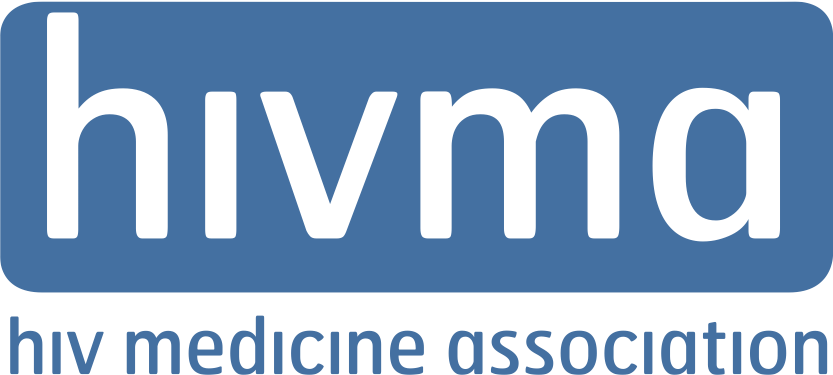HIVMA Applauds Federal Implementation Plan to End HIV Epidemic, Calls for Workforce Summit and Appropriate Congressional Funding
HIVMA welcomes the release of the comprehensive National HIV/AIDS Strategy Federal Implementation Plan that provides an important road map for reducing new HIV infections by 90% by 2030. The detailed plan includes important new strategies for addressing HIV- and LGBTQ-related stigma and discrimination and for reducing HIV-related disparities by placing greater attention on the social determinants of health in key federal programs.
We cannot end HIV as an epidemic without a robust, diverse and culturally responsive workforce equitably dispersed throughout the country, and we appreciate the Administration’s attention to the workforce — including the recognition of the valuable role played by community health workers and paraprofessionals — throughout the plan. The initiatives to increase provider education around gender-affirming care as well as the programs that will foster the next generation of new investigators by working with historically Black colleges and universities included in the plan are critical.
To help build and secure the pipeline of infectious diseases and HIV health care professionals necessary to end HIV as an epidemic in addition to responding to other public health emergencies like COVID-19 and monkeypox, we strongly urge the Administration to convene an HIV and ID workforce summit to bring together the Department of Health and Human Services, the Centers for Medicare and Medicaid Services, the Health Resources and Services Administration, and other relevant agencies to evaluate HIV and ID workforce needs and the novel strategies and policies, including health care financing, required to address them.
We look forward to partnering with the federal agencies on advancing the implementation plan. We also call on Congress to provide the resources necessary to fully implement the NHAS and to move quickly to pass the PREVENT Pandemics Act, which includes a pilot loan repayment program for ID and HIV heath care professionals.
For more than a decade, we have had highly effective biomedical interventions to prevent and treat HIV that make ending HIV as an epidemic possible. The Federal Implementation Plan helps put this goal within reach to ensure all people at risk for or living with HIV can benefit from them. We must not waste any more time.
--Marwan Haddad, MD, MPH -- Chair, HIV Medicine Association

